Top 7 Important Turkey Berry Health Benefits You Need To Know
These small, green berries can boost your immunity and benefit your health in many ways.

Image: Shutterstock
Turkey berry is a small green fruit of the tropics. These berries grow on bristly bushes that can overrun farmlands and pastures or displace native plants. Some countries revere it as a delicacy, while others view it as a noxious weed. Irrespective of how you feel about it, you cannot deny its nutritional value. Turkey berry, also known as Solanum torvum, is a nutrient-rich fruit with a long history of use in traditional medicine. It is packed with antioxidants, vitamins A and C, and iron. Hence, adding it to your diet may help lower blood pressure and blood sugar levels, prevent anemiai A condition characterized by low levels of healthy red blood cells in the body. , and reduce oxidative stress.
In this article, we explore the health benefits of turkey berry in detail, its potential side effects, and a few easy-to-follow recipes. Keep reading.
 Know Your Ingredient: Turkey Berry
Know Your Ingredient: Turkey BerryWhat Is It?
A small yellow or green berry produced by the Turkey berry flowering shrub in large clusters.
What Are Its Benefits?
Its potent antioxidant properties can help lower oxidative stress, as well as blood sugar and pressure levels, and help with anemia. It can also hinder the growth of bacteria.
Who Can Consume It?
It is safe to consume by all
How Often?
Safe when consumed in moderation
Caution
Proper evidence is unavailable regarding the impact on pregnant and breastfeeding women.
In This Article
What Is Turkey Berry?
Melissa Mitri, RD, says, “Turkey berry is a type of flowering shrub that consists of pea-sized berries. It is otherwise known as Solanum torvum and is considered part of the nightshade vegetable family.”
The plant is also referred to as wild tomato, devil’s fig, and prickly Solanum. Originally from southern Mexico, Central and South America, and the Caribbean, it is now found almost everywhere.
Nadia Charif, RN, says, “The turkey berry, commonly known as the devil’s fig or wild eggplant, is an entirely edible plant — from its roots to its berries after a rinse in cold water, provided you do not mind a bitter taste!”
Thai, Loa, Indian, and Jamaican cuisines feature this slightly bitter ingredient in soups, sauces, pastes, and curries. This berry has also been used as a folk medicine for centuries (1).
Mitri adds, “Turkey berries are rich in fiber and essential vitamins, minerals, and antioxidants. They are particularly high in vitamin A, carotenoidsi Naturally occurring pigments (yellow, red, and orange) synthesized by algae, plants, and photosynthetic bacteria. , vitamin C, and iron.” Let us look at the nutritional breakdown of turkey berries in the following section.
Key Takeaways
- Turkey berry is an entirely edible plant that you can eat from its roots to its berries.
- It helps manage diabetes, lower blood pressure, treat anemia, and prevent chemotherapy side effects.
- Consuming turkey berry in excess may cause nausea and dizziness.
Turkey Berry Nutrition Facts
A 100 g serving of turkey berry provides (2):
| Protein | 2.32 g |
| Carbohydrates | 7.03 g |
| Total lipids (Fat) | 0.27 g |
| Dietary fiber | 3.9 g |
| Calcium | 22 mg |
| Iron | 7.6 mg |
| Magnesium | 1.9 mg |
| Zinc | 2 mg |
| Vitamin A | 70 µg |
| Vitamin C | 2.68 mg |
Charif adds, “Turkey berries are typically used for their medicinal properties such as aiding in the production of new red blood cells and boosting overall immunity against common colds and flu.” In the next section, we discover why turkey berries were extensively used in folk medicine.
Health Benefits Of Turkey Berry
1. May Help Manage Diabetes
Turkey berry contains bioactive phenolic compounds like rutin, caffeic acid, gallic acid, and catechin that may help lower blood sugar levels.
Studying diabetic rats revealed that these compounds could boost insulin secretion. Additionally, they were found to reduce oxidative stress and influence enzymes involved in sugar metabolism (3).
These phenolic compounds were also found to have cytoprotective (protecting the cells from harmful agents) effects (3).
2. May Help Lower Blood Pressure

African and Asian folk medicine uses S. torvum preparations (of fruit, seed, and vegetative parts) to treat fever, cough, wounds, pain, liver troubles, tooth decay, reproductive problems, arterial hypertension, and poisoning. Moreover, these therapeutic properties of the plant are also backed by scientific evidence (4).
Fructose-rich diets may increase blood pressure, but studies suggest that the ethanolic extract of turkey berry may work to prevent it. The berry also has the ability to reverse metabolic alterations affected by fructose (5).
3. May Fight Against Infections

Turkey berry fruit may help prevent the growth of bacteria associated with several infections. A study found that S. torvum was effective against bacteria like Escherichia coli, Bacillus subtilis, Staphylococcus aureus, Salmonella species, and Pseudomonas aeruginosa (6). The berry has also traditionally been used to treat skin infections.
The berry also contains bioactive compounds like torvanol A, torvoside H, and torvoside A, which exhibit antiviral activity against herpes simplex virus type 1 (HSV-1). Hence, this berry may also guard against viruses (7).
4. May Protect Against Heavy Metal Toxicity

Turkey berries promote antioxidant enzyme activity and reduce oxidative stress – and, hence, protect against heavy metal toxicity.
Researchers found that turkey berries protect the liver and the kidney against cadmium, a heavy metal. Therefore, the berries may serve as functional foods against heavy metal-induced oxidative stress (8).
5. May Treat Anemia

Turkey berry is rich in steroids, glycosides, saponins, fixed oils, B vitamins, and iron salts. It also contains vitamin C, which may help increase hemoglobin synthesisi The process through which hemoglobin, an iron-rich protein that carries oxygen from the lungs to the body's tissues and organs, is produced. . This makes it a prime candidate to treat anemia.
Ghanaian mothers traditionally have a turkey berry-rich diet after childbirth in the hopes of recovering their strength and overcoming anemia. There are reports that mothers who eat these fruits have an improved health status. Besides, in a study, adding turkey berries to the diet had increased red blood cells and hemoglobin levels (9 ).
6. May Reduce Inflammation

Turkey berry contains bioactive steroidal glycosides (also known as cardioactive glycosides) that can reduce inflammation. Neutrophils, a type of white blood cell, can cause severe respiratory system diseases, including asthma, under certain conditions (10). Turkey berries hold promise as an anti-inflammatory agent against neutrophilic inflammation (11). However, research is limited in this regard, and more studies are warranted to understand this benefit clearly.
7. May Prevent Chemotherapy Side Effects
The flavonoidsi A class of natural substances with variable phenolic structures found in plants and consumed by humans through diet. in turkey berries may protect against the harmful effects of doxorubicin, an anticancer drug linked with multiple organ toxicity. The drug induces oxidative stress and adversely affects the testicles, and may potentially reduce the sperm count and testes’ weight. However, flavonoids are powerful antioxidants and may help protect the cells from doxorubicin-caused disruption. According to a study, pretreatment with Solanum torvum was found to protect against doxorubicin-induced testicular toxicity in rats (12).
Researchers continue to study these berries. The fruit has a lot more to offer. That said, the fruit is also delicious! Continue reading to learn how to incorporate this berry into your diet.
 Trivia
TriviaHow To Eat Turkey Berry
Chef Charlie McKenna says, “Turkey berries might sound like something for the Thanksgiving table but are not the same as turkey and cranberries. They are also used for herbal teas and tinctures.”
Turkey berry tea is nutritious and replenishes iron levels. Dried turkey berry fruits are used to process the teabags, giving them a fresh taste and aroma.
Mitri says, “Naturally, turkey berries have a very pungent, bitter taste. To get the bitterness out, sauté the turkey berries on a low flame until they change their color. Then add your favorite seasonings.”
Charif adds, “It is possible to take the bitter edge off the berries by sautéing them in hot oil, methi seeds, and mustard with some onions and garlic.”
Always choose turkey berries that are soft, green, and thin-skinned. They should be clustered tightly together. Chef Daniel Craig says, “The best way to clean turkey berries is to remove the stalks. Then, crush or halve the berries before immersing them in water (to remove the seeds and reduce their bitterness). Repeat this process 2 to 3 times.”
Although turkey berries have a distinctive bitter taste, they can be transformed into delectable dishes when prepared properly.
You can add turkey berries to stir-fries to add a new flavor. They are a versatile ingredient that can be used in both traditional and modern cooking. Take a peek at a few simple recipes listed below!
1. Spicy Turkey Berry Fritters
What You Need
- ½ cup of turkey berry (mashed and deseeded)
- 1 cup of split chickpeas (chana dal)
- 3 dried red chilies
- 2 green chilies
- 1 tablespoon of fennel seeds
- 1 sprig of curry leaves
- 5 cloves of garlic
- ½ cup of onions (diced)
- 1 stalk of coriander leaves
- Oil, as needed for deep frying
How To Prepare
1. Soak split chickpeas for one or two hours.
2. Combine all the spices and grind to a coarse paste.
3. Grind the split chickpeas too to a coarse paste and add to the spice mixture.
4. Grind turkey berry to a paste and add to the mixture. Mix well.
5. Make small circular disks out of them.
6. Fry until they turn golden brown and crisp.
2. Turkey Berry Pickle
What You Need
- 1 cup of turkey berry (mashed and deseeded)
- 1 teaspoon of mustard seeds
- ½ teaspoon of turmeric
- 3 tablespoons of red chili paste
- 4 tablespoons of tamarind water
- 4 tablespoons of oil
- Salt, to taste
How To Prepare
1. Mix mashed turkey berry, salt, and turmeric. Set aside.
2. Add water to a few red chilies and grind to a smooth paste. Set aside.
3. Heat oil and mustard seeds in a pan until they crackle.
4. Add the marinated turkey berry and cook for 2 to 3 minutes.
5. The color begins to change after 3 minutes. Add red chili paste and stir well.
6. Add tamarind water, ½ cup plain water, and adjust salt.
7. Combine, cover, and cook for 8 to 10 minutes.
3. Turkey Berry Curry
What You Need
- 1 cup of turkey berry (mashed and deseeded)
- 1 onion
- 1 sprig of curry leaves
- 2 dried red chilies
- 4 cloves of garlic
- 2 tablespoons of tamarind pulp
- 1 teaspoon of red chili powder
- 1 teaspoon of jaggery
- ½ cup of coconut milk
- 1 teaspoon of mustard seeds
- 1 tablespoon of oil
- Salt, as needed
How To Prepare
1. Heat the oil in a pan and add mustard seeds. Let them crackle.
2. Stir in curry leaves and red chilies, and let them crisp up.
3. Sauté finely chopped onions and garlic until translucenti Almost transparent. Allows the passage of light but does not offer a clear view. .
4. Stir in the berries and cook for a few minutes.
5. Add red chili powder and mix well.
6. Add tamarind paste and a cup of water. Cook the berries until they are soft.
7. Add salt and jaggery and cook for a few more minutes.
8. Pour coconut milk and bring to a boil.
9. It is best served hot with steamed rice and ghee.
 Trivia
TriviaYou may want to exercise caution while consuming turkey berry recipes. But why? Here are a few reasons.
Safety Precautions And Possible Side Effects
As a rule, turkey berries are safe to consume. Just be sure not to overindulge. Charif says, “Like everything, turkey berry should always be consumed in moderation as ingesting large quantities can cause symptoms such as nausea and dizziness.”
Mitri says, “Turkey berries are considered a nightshade vegetable, and therefore, some people may not tolerate them. They contain compounds called glycoalkaloidsi A group of nitrogen-containing chemical compounds that are naturally produced by various plant species. , which can be unsafe if taken in larger quantities.”
She adds, “To reduce the number of glycoalkaloids you are taking in, it is recommended to eat turkey berry only when it is fully ripe. This is because, over time, the number of glycoalkaloids present in the plant decreases.”
Those with a vulnerable health status should be cautious. Seek medical advice in case of any doubts. “There is not enough evidence to determine the safety of consuming turkey berries during pregnancy or while breastfeeding,” says Mitri.
Infographic: 7 Important Health Benefits Of Turkey Berry
This small, green, egg-shaped fruit is widely used in various dishes in traditional African and Asian medicine. In recent years, scientific studies suggest that it may lower blood pressure and blood sugar levels, amongst offering other benefits. We have rounded up the seven reasons you should include turkey berries in your diet in the infographic below. Check it out to learn more!

Illustration: StyleCraze Design Team
Final Words
Turkey berry, also known as pea eggplant, is packed with nutrients and is especially rich in vitamin A, vitamin C, and iron. This berry is different from brinjal, aubergine, or the African eggplant despite belonging to the same nightshade family. Consuming these small tropical green berries can be a great choice to manage diabetes and anemia and reduce blood pressure. These are also high in antioxidants and help reduce oxidative stress and prevent related disorders. However, their excess intake may cause nausea and dizziness. Hence, moderation is key.
Frequently Asked Questions
Is turkey berry available in the USA?
Yes. The turkey berry bush usually thrives in warmer temperatures and is predominantly found in Florida in the USA.
Is turkey berry good for the lungs?
Possibly. Anecdotal evidence suggests that turkey berries may help relieve cough, clear our airways, soothe asthma, and deal with lung infections.
Why is it called turkey berry?
It is believed that since turkeys preferred consuming these bright green berries, they were named turkey berries.
How do you store turkey berries?
You can store turkey berries by sun-drying them or powdering them and storing them in airtight containers.
Is turkey berry a perennial?
Yes. Turkey berry is a thorny perennial bush that belongs to the eggplant family.
Illustration: What Is Turkey Berry? Nutrition Benefits Recipes Risks And More
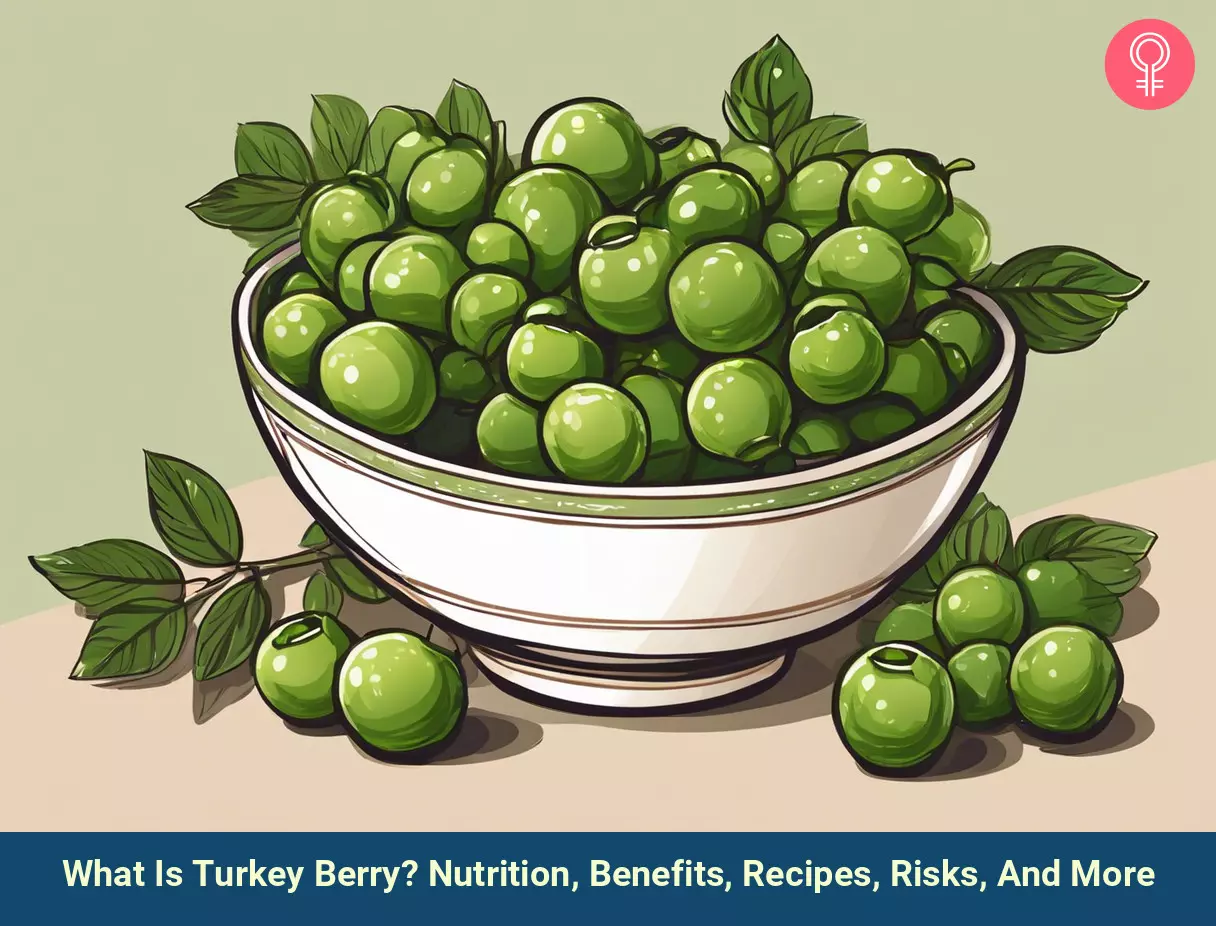
Image: Stable Diffusion/StyleCraze Design Team
Turkey berries contain essential vitamins and minerals that can improve your overall health. Click on the video below to find out why you should include this interesting fruit in your diet.
References
Articles on StyleCraze are backed by verified information from peer-reviewed and academic research papers, reputed organizations, research institutions, and medical associations to ensure accuracy and relevance. Read our editorial policy to learn more.
- Comparative transcriptome analysis of eggplant (Solanum melongena L.) and turkey berry (Solanum torvum Sw.): phylogenomics and disease resistance analysis
https://www.ncbi.nlm.nih.gov/labs/pmc/articles/PMC4070557/ - Nutritional and Mineral Composition of the Fruits of Solanum torvum from Ghana
https://www.researchgate.net/publication/299340877_Nutritional_and_Mineral_Composition_of_the_Fruits_of_Solanum_torvum_from_Ghana - Solanum torvum Swartz. fruit containing phenolic compounds shows antidiabetic and antioxidant effects in streptozotocin induced diabetic rats
https://www.sciencedirect.com/science/article/abs/pii/S0278691511004091 - Review: phytochemistry and medicinal properties of Solanum torvum fruits
https://www.tandfonline.com/doi/full/10.1080/26895293.2020.1817799 - Effect of Solanum torvum on blood pressure and metabolic alterations in fructose hypertensive rats
https://pubmed.ncbi.nlm.nih.gov/19683046/ - Antioxidant antihypertensive anti-hyperglycemic and antimicrobial activity of aqueous extracts from twelve native plants of the Yucatan coast
https://www.ncbi.nlm.nih.gov/labs/pmc/articles/PMC6436768/ - Antiviral isoflavonoid sulfate and steroidal glycosides from the fruits of Solanum torvum
https://www.sciencedirect.com/science/article/abs/pii/S0031942201004174 - Solanum torvum Swartz. fruit attenuates cadmium-induced liver and kidney damage through modulation of oxidative stress and glycosylation
https://link.springer.com/article/10.1007/s11356-016-6044-3 - Immunomodulatory and erythropoietic effects of aqueous extract of the fruits of Solanum torvum Swartz (Solanaceae)
https://www.ncbi.nlm.nih.gov/pmc/articles/PMC3129022/ - Advanced Role of Neutrophils in Common Respiratory Diseases
https://www.ncbi.nlm.nih.gov/labs/pmc/articles/PMC5447318/ - Anti-neutrophilic inflammatory steroidal glycosides from Solanum torvum
https://pubmed.ncbi.nlm.nih.gov/23838628/ - Protective effect of Solanum torvum against testicular toxicity in male wistar rats
https://innovareacademics.in/journal/ijpps/Vol4Issue3/3857.pdf
Read full bio of Jesse Feder
Read full bio of Payal Karnik
Read full bio of Ravi Teja Tadimalla
Read full bio of Aparna Mallampalli






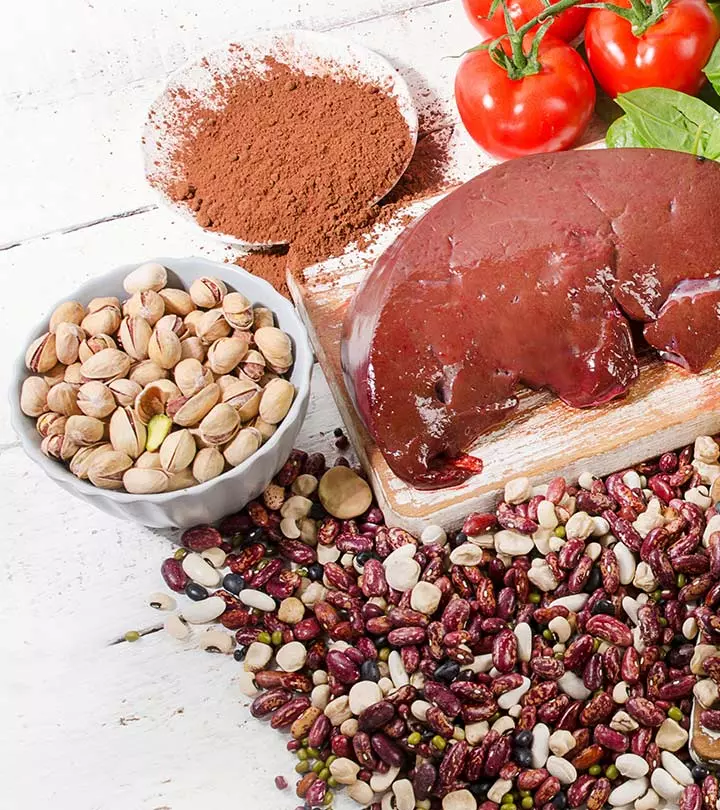
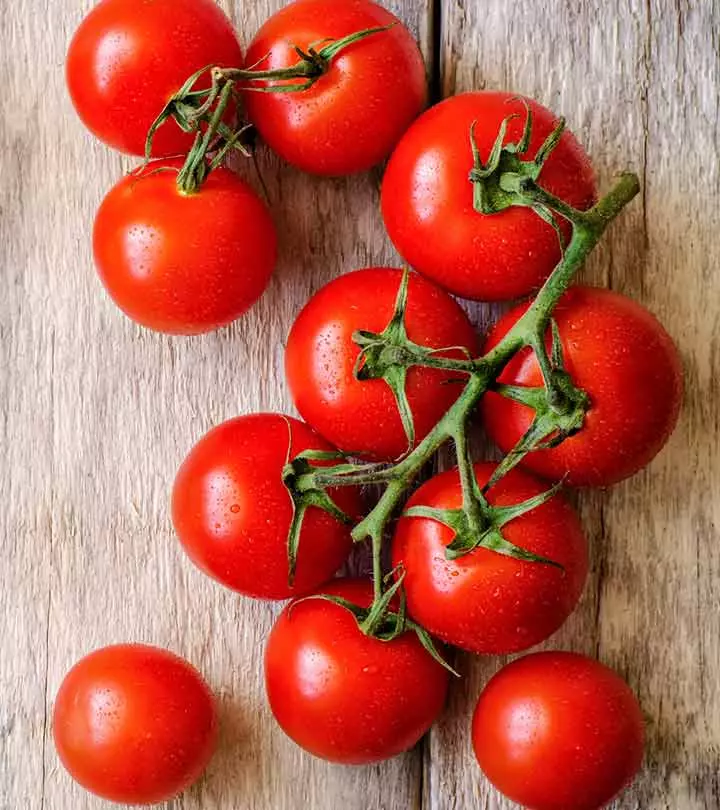



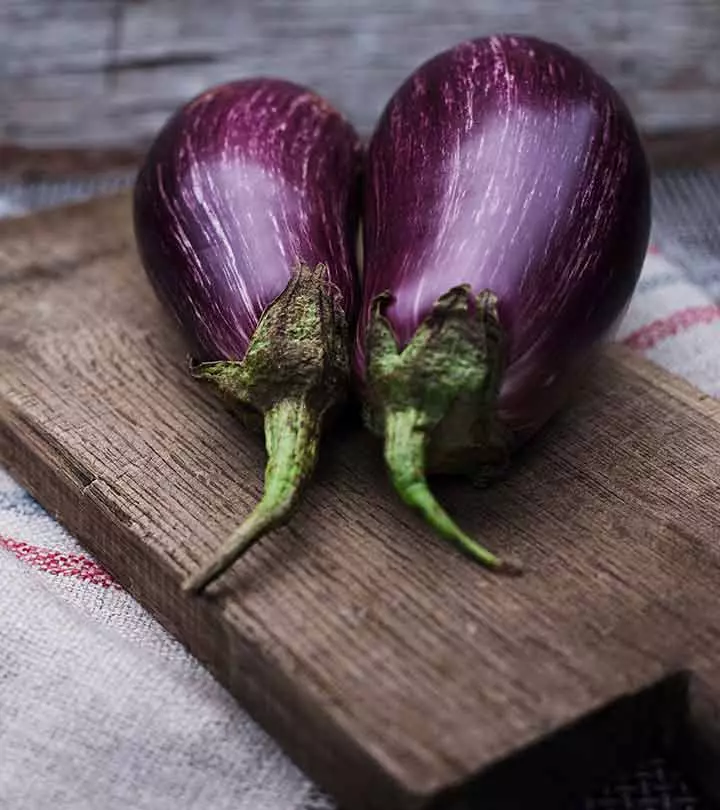
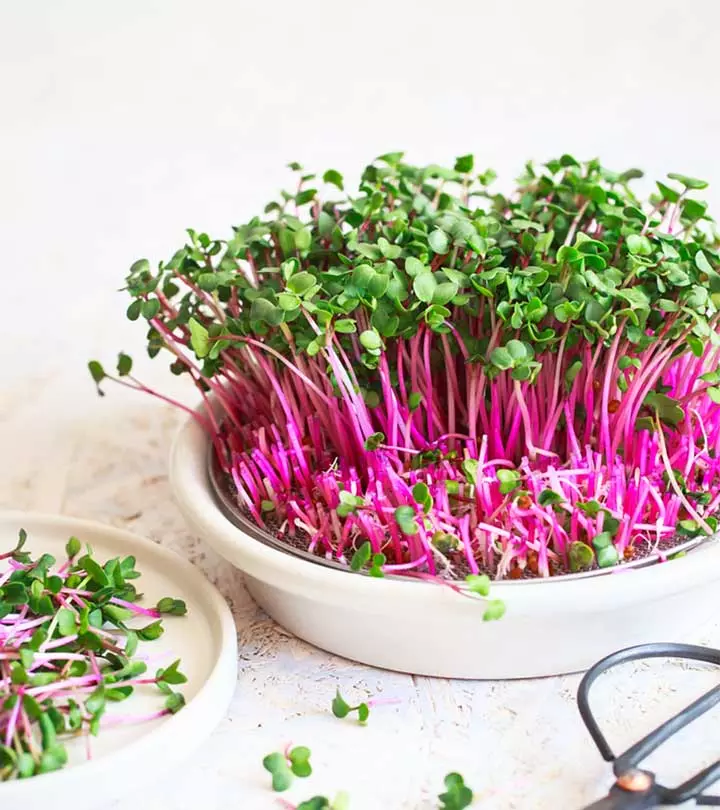

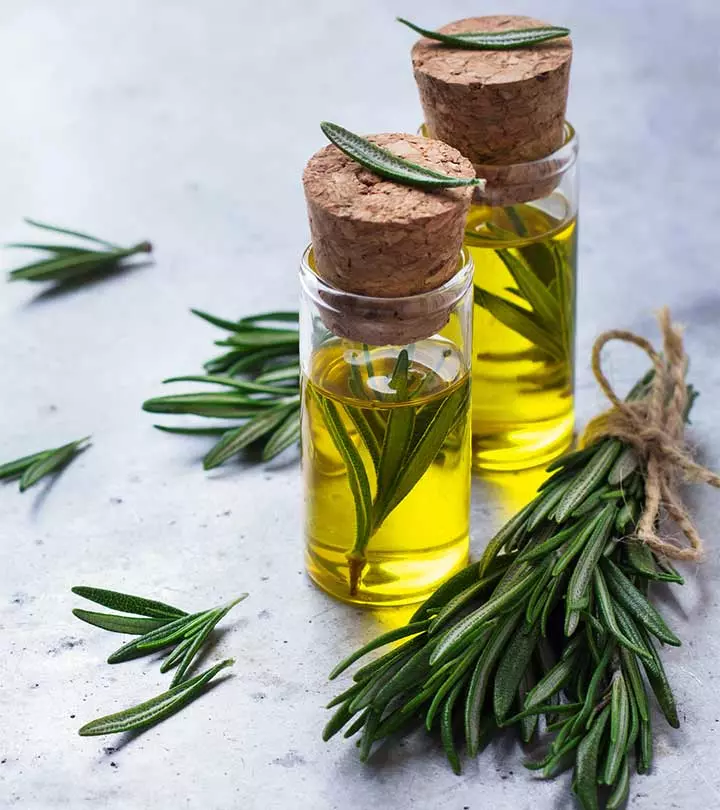

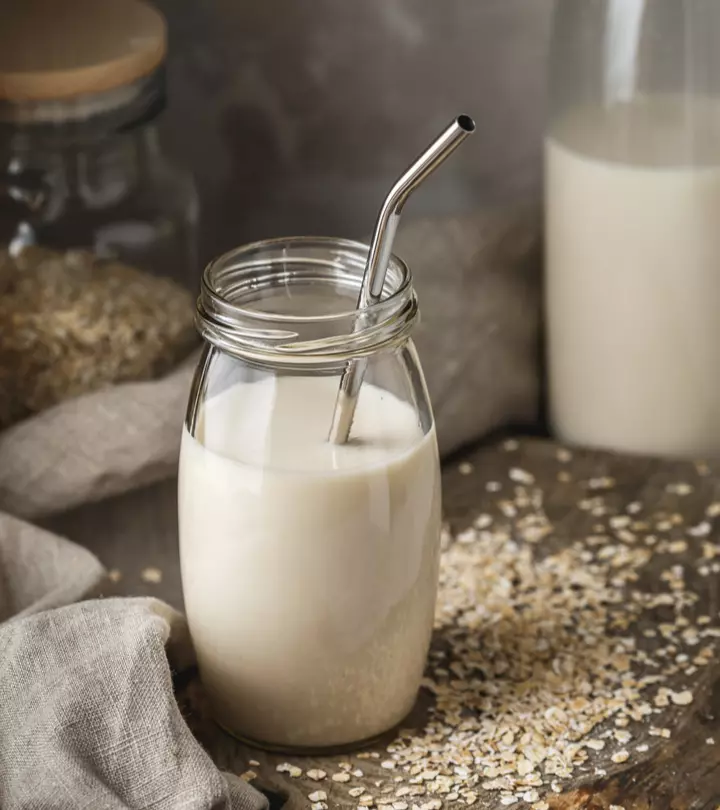
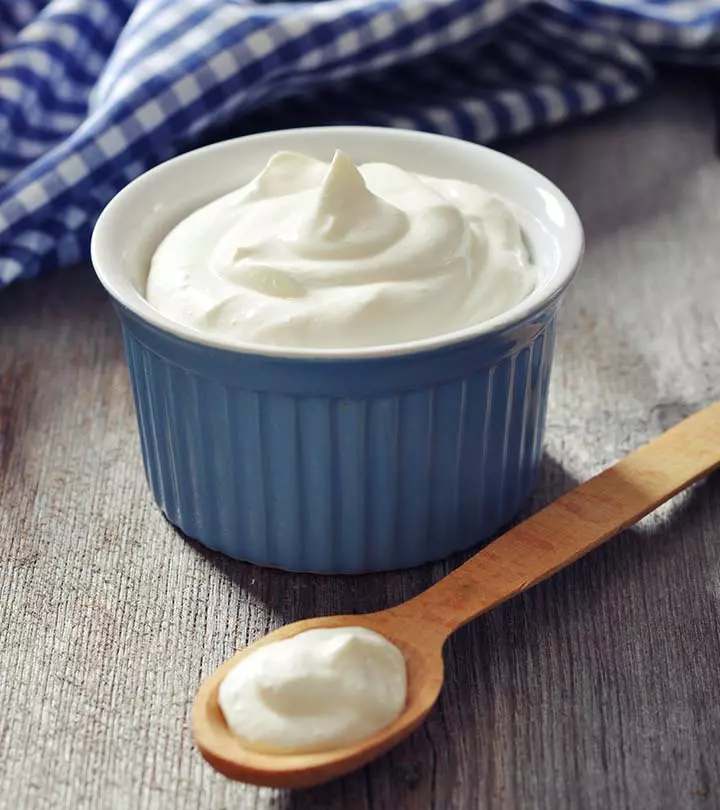

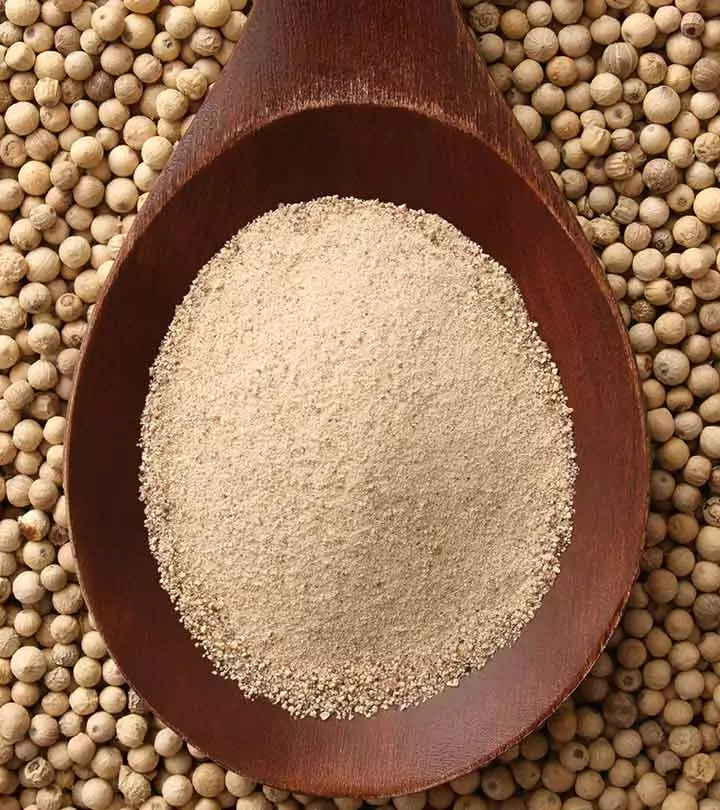
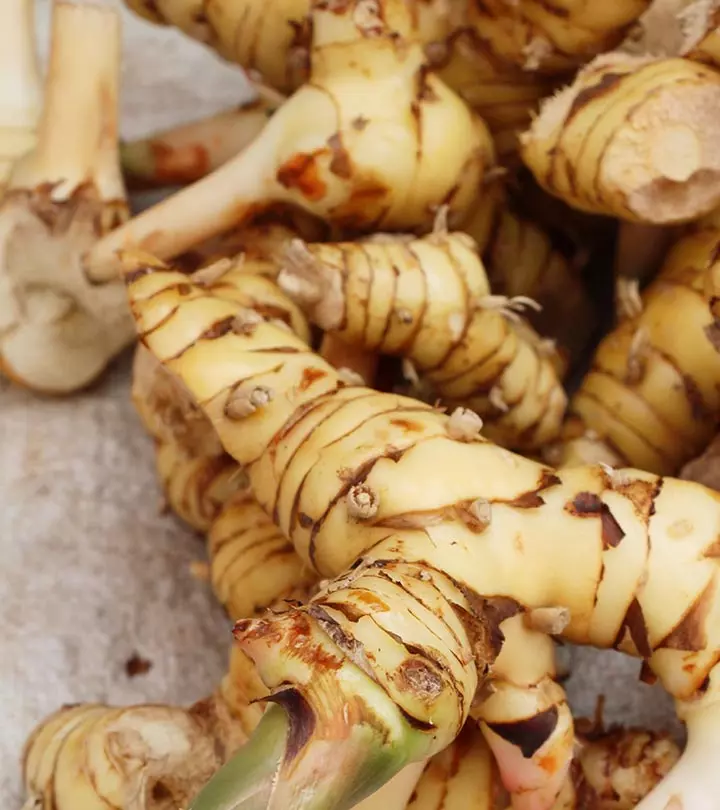

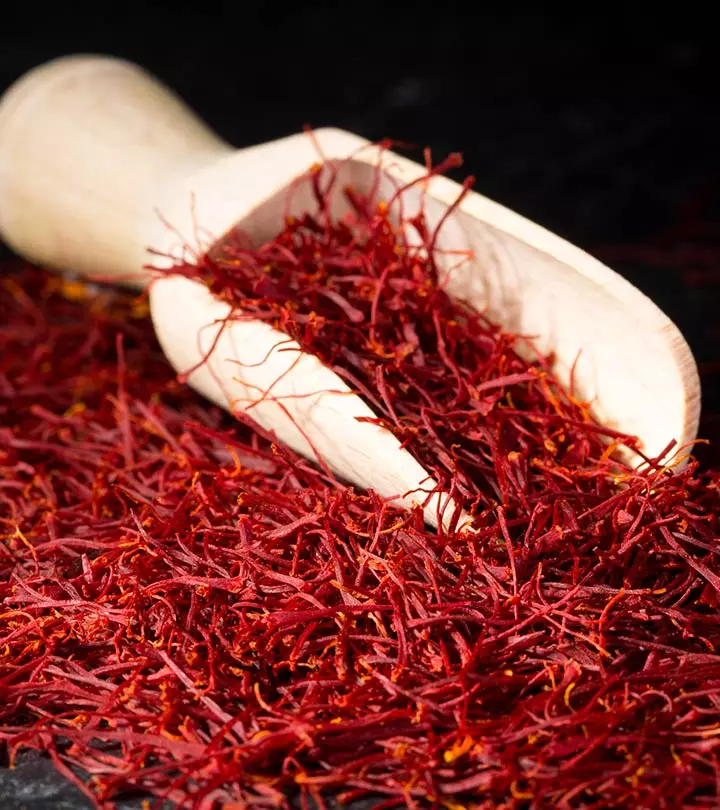
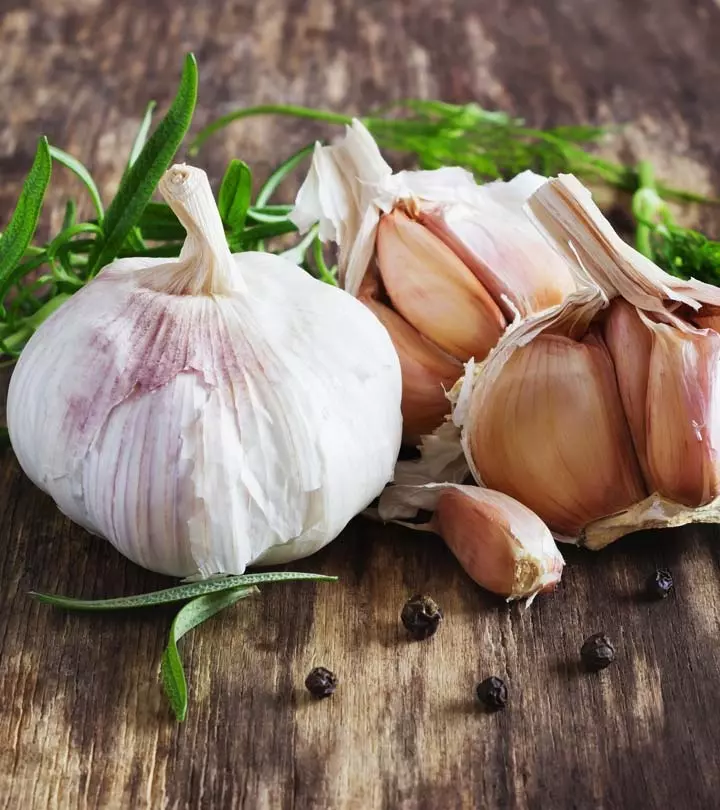
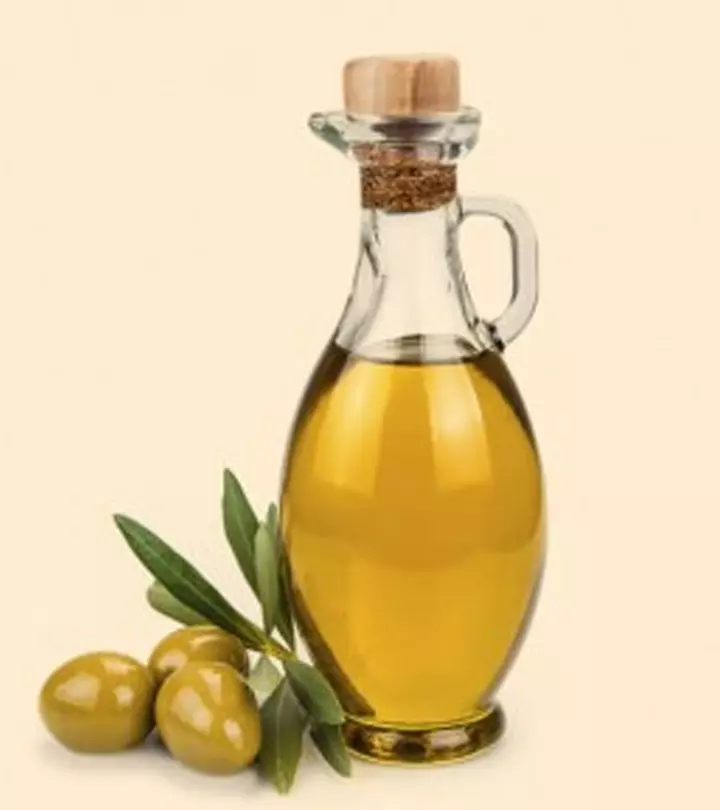
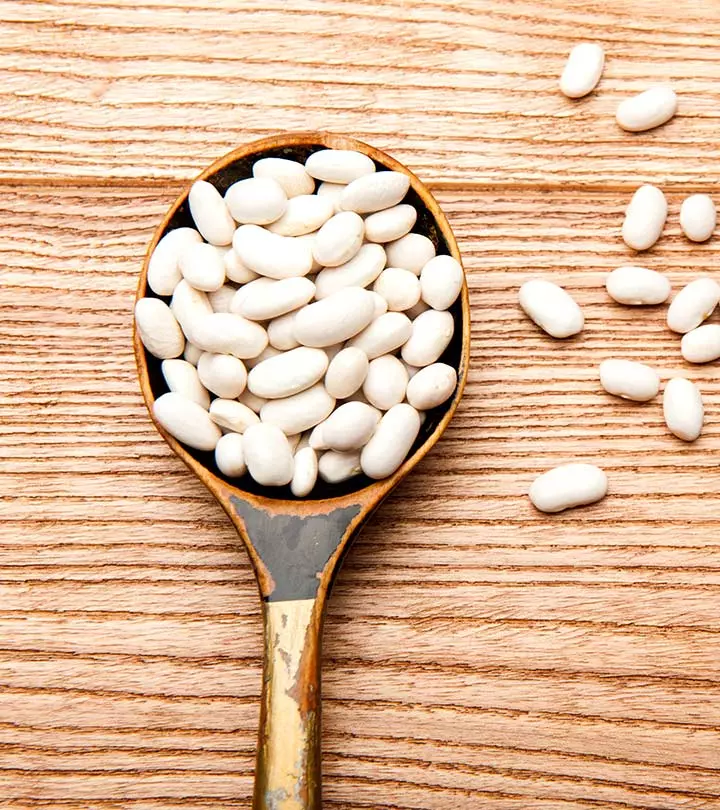
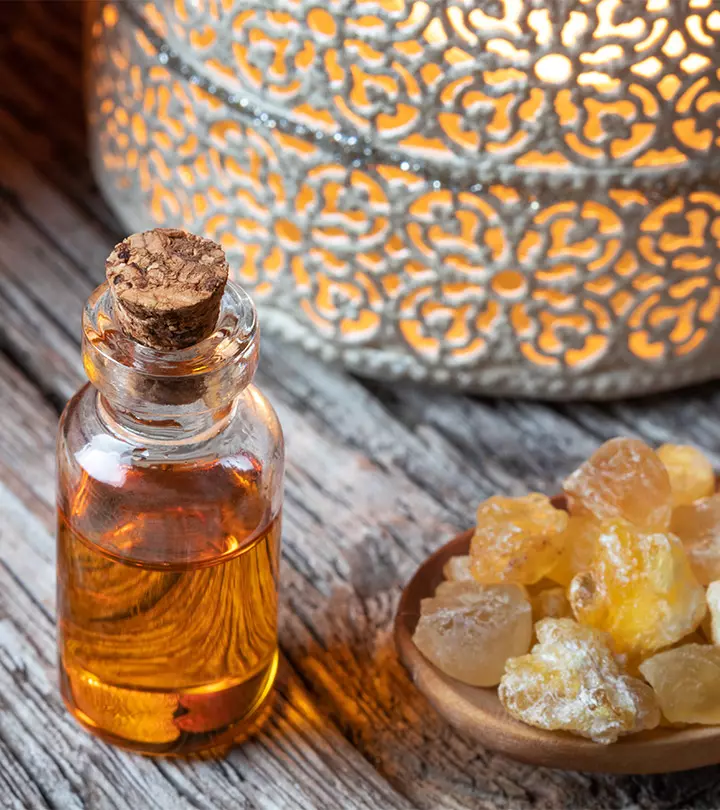
Community Experiences
Join the conversation and become a part of our empowering community! Share your stories, experiences, and insights to connect with other beauty, lifestyle, and health enthusiasts.